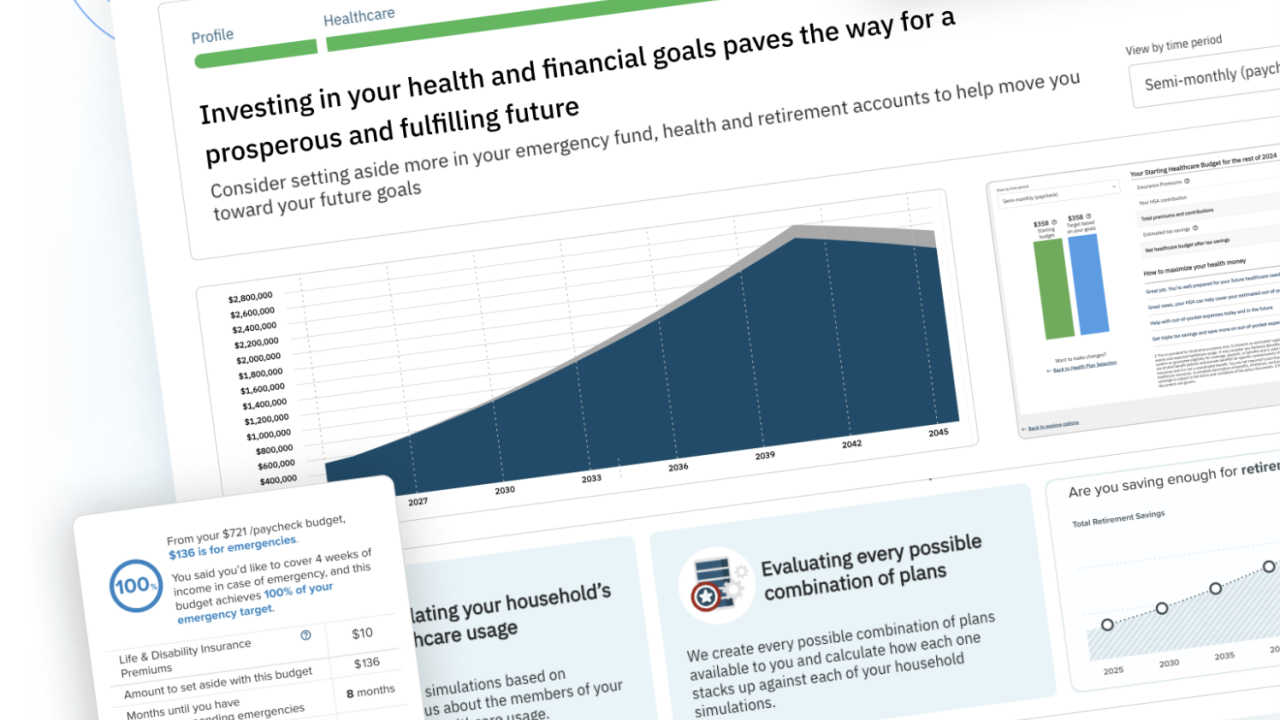Small businesses are not on board with the Patient Protection and Affordable Care Act, according to a Gallup survey released last week. The survey of more than 600 small businesses, commissioned by law firm Littler Mendelson, finds that 48% of small businesses say the ACA is bad for their business, while 9% say the legislation is good. Fifty-five percent, meanwhile, fear it will increase costs, while only 5% believe the ACA will lower costs.
The results weren't surprising, says Steve Friedman, co-chair of the employee benefits group at Littler Mendelson.
"We see employers are very pessimistic about how the Affordable Care Act will impact their business. There is a lot of uncertainty about where premium costs are headed, but many employers are concerned premium costs will be much higher," he says. "And there's of course a lot of concern for smaller employers that haven't traditionally offered benefits to all full-time employees, that this enactment could cause their costs of labor to be much higher than they are today."
Forty-one percent of those surveyed said they have held off on hiring new employees as a result of the ACA.
"One of the most concerning unintended consequences of the Affordable Care Act is that we see employers looking to stay under the 50-employee threshold if at all possible," says Friedman, "which means they often won't be expanding their businesses when that's generally the direction they've always wanted to go in. We also see a lot of employers that are refraining from hiring people on a full-time basis because of the Affordable Care Act. And that's also something that's not favorable, one would think, to the overall economy."
Littler Mendelson is launching a pay-or-play calculator at the end of this month that will help employers determine whether and to what extent they're at risk of having to pay a penalty under the pay-or-play mandate. Employers can enter demographic information about their employees and certain information about their health care offerings and play around with different scenarios.
"It allows employers to focus their energies on what their options may be so that they can think about the types of coverage that will keep them from being penalized or, alternatively, if they will be penalized to one extent or another, to see how the penalties may impact their total HR costs," says Friedman.





